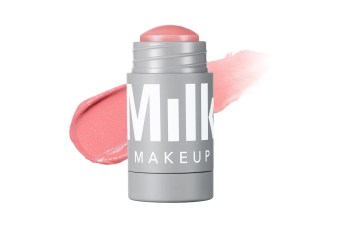
If you’ve ever wondered what’s going on inside your gut, London-based nutrition startup Zoe has raised a further $15 million to help deliver the answers.
Over 130,000 subscribers have already signed up to try out Zoe’s £299 ($384) blood glucose monitoring, gut and blood health testing, along with personalized advice and nutrition plans, including influencers and celebrities like Davina McCall, Hugh Fearnley-Whittingstall and Steven Bartlett of Dragon’s Den.
New York-based Coefficient Capital, known for investments in consumer brands like Oatly, has become the startup’s newest backer, extending Zoe’s 2021 Series B and paving the company’s expansion in the U.S.
Zoe’s CEO and co-founder Jonathan Wolf said he believes the U.S. is “in the midst of a terrible health crisis” which the startup’s testing and advice can help solve.
“The food that governments tell us is good for us is in fact causing us to feel terrible, and live fewer healthy years than our parents.”
“The need to make smarter food choices, based on real science, has never been greater.”
To-date Zoe has raised $118 million and won backing from the likes of Accomplice, Balderton, Daphni, Ahren, THVC, and Steven Bartlett’s Flight Fund, including $8.5 million from crowdfunding investors in 2022.
It hasn’t all been smooth sailing for Zoe however, in April the company announced cost cutting measures including layoffs as it looked to trim overheads by 20%.
The use of personalized nutrition testing like Zoe is also controversial, with doctors warning that it leads otherwise healthy people to obsess and become part of the so-called ‘worried well’.
Zoe for its part describes its advice as “general wellness” and not for the diagnosis, prevention or treatment of any disease (including gut disease or irritable bowl symptoms). The company also says its testing isn’t appropriate for anyone with an eating disorder or a history of eating disorders.
This story was originally featured on Fortune.com



